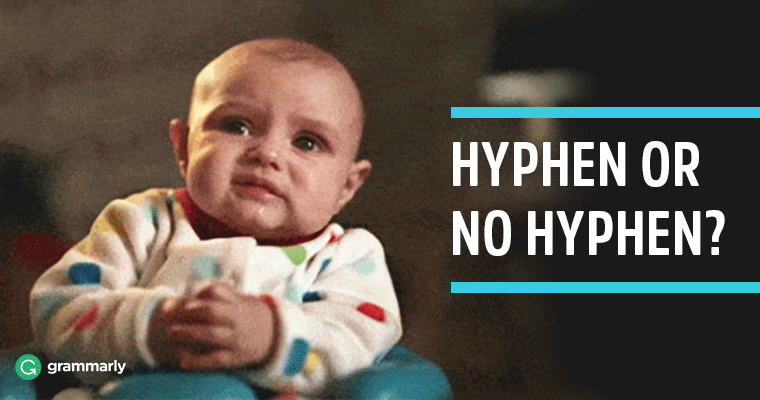- Hyphenate “year old” if the phrase precedes a noun that it is modifying.
Do you want to talk about age? Before you start, you need to know something. Is “year old” hyphenated or not?
When to Hyphenate “Year Old”
Is the age describing a noun? Does the age precede a noun? If the answer is yes to these two questions, hyphenate. In the following examples, notice how the two conditions are met.
Is the age a noun? Hyphenation is also necessary in this case. Here is an example.

When Not to Hyphenate “Year Old”
If the age comes after the noun that it describes, don’t hyphenate it. Here’s an example.
A Memory Aid
You probably already knew these rules and didn’t realize it. They actually apply to all compound adjectives. For example, you might say that you will examine grammar rules on a case-by-case basis. Case-by-case describes that noun that it precedes. However, if you say that your examination of grammar rules is case by case, there is no need for hyphenation.
Is “year old” hyphenated or not? The answer depends on whether the phrase will precede or follow the noun that it describes or whether it is used as a noun or not.
![]()






